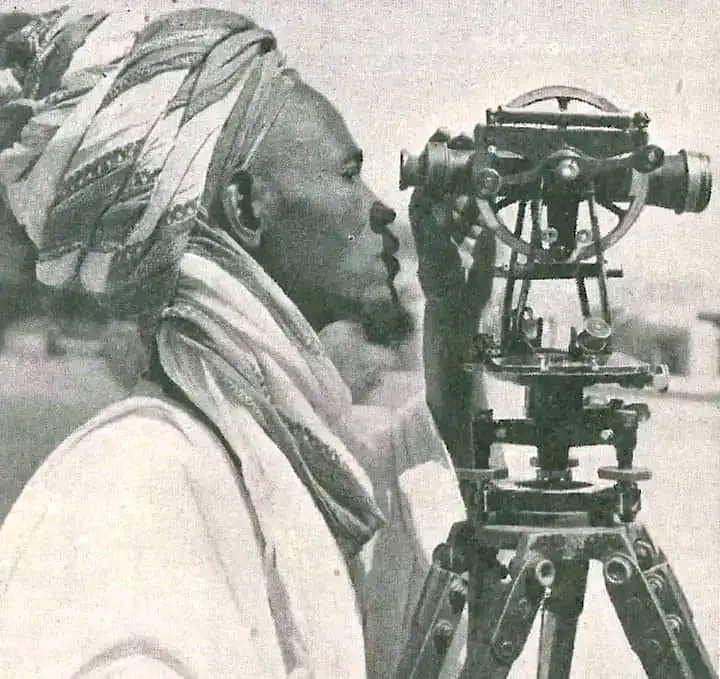A Historical Overview of the Sokoto Caliphate’s Expansion
The 19th-century Fulani Empire’s conquest of the Hausa Kingdoms in northern Nigeria remains a pivotal event in West African history. Led by Usman dan Fodio, the Fulani launched a jihad against the Hausa Kingdoms, deemed corrupt and deviating from Islamic principles.
Key Events in the Fulani Takeover
-
1808: Fulani defeat Gobir, marking the beginning of the conquest.
-
1815: Fulani conquer most Hausa Kingdoms, including Kano, Katsina, and Zaria.
-
Establishment of the Sokoto Caliphate, with Sokoto as its capital.
The Sokoto Caliphate’s Impact
-
Establishment of a new ruling class, with Fulani emirs replacing Hausa rulers.
-
Emergence of one of West Africa’s largest and most influential empires.
-
Expansion into modern-day Nigeria, Niger, Chad, and Cameroon.
Leaders and Legacy
-
Usman dan Fodio: Led the Fulani jihad and established the Sokoto Caliphate.
-
Abdullahi dan Fodio: Played a crucial role in the conquest and became the first Emir of Gwandu.
-
Muhammad Bello: Succeeded Usman dan Fodio as the second Sultan of Sokoto.
Historical Significance
-
Reshaped West Africa’s political and religious landscape.
-
Spread Islamic influence and education.
-
Shaped modern-day Nigeria’s cultural and political identity.
